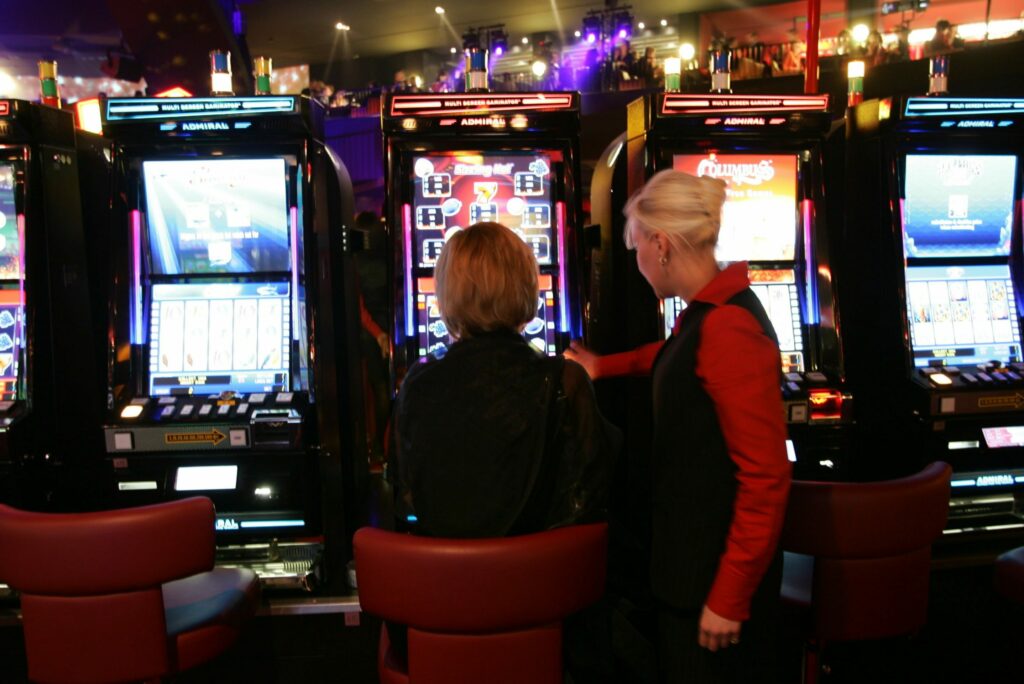While illegal gambling websites can now be fined, the Belgian Gaming Commission can barely collect one-tenth of them as the regulator does not have sufficient resources to carry out its tasks due to staff shortages.
Gambling companies which do not comply with Belgian legislation risk a fine, but in practice these fines often lead to nothing. In recent years, the Belgian Gaming Commission was only able to effectively collect 11% of the imposed fines.
"More than €1 million in fines were imposed on foreign providers of illegal games of chance, for which collection often remains a dead letter," the committee's annual report states.
In 2023, the committee opened 137 files and imposed a fine in 56 cases, totalling €1,121,250. Of this amount, just €236,725 was collected. Over the past five years, just €628,000 of the nearly €6 million claimed was collected. This means that the State Treasury has missed out on over €5 million since 2018.
Offshore companies popping up
"Illegal gambling sites are usually set up from abroad," Secretary of the Belgian Gaming Commission Stefaan Savenberg told De Standaard. "By 2023, 95% of the fines were for non-European countries, with Curaçao as the absolute leader."
The fact that it is so difficult to collect the money is due to the complicated backgrounds of where the companies are based, according to professor of sports management and gambling expert Bram Constandt (UGent).
"It often concerns offshore companies which trace back to China and Russia. Once they appear on governments' radar, they disappear, only to reappear later under a different name," he told Het Belang van Limburg. "After years, stricter gambling laws are finally in place in Belgium. If they cannot be enforced, you are left with a toothless tiger."

Credit: Belga
In an open letter sent to and published by Le Soir, Gaming Commission President Magali Clavie expressed her concerns about the lack of staff in her department, at a time when the gambling sector is booming and the previous legislature saw a number of significant changes.
Clavie described the situation as "worrying," but added that this is not a new phenomenon. "When I arrived in 2020, I read the reports from the Centre for Integrity and the Court of Auditors. Both pointed to the need to strengthen and restructure the department."
"Therefore, I wanted to restructure, reorganise, strengthen and professionalise the workforce, based on the principle that a regulator that does not control is not a regulator," she added.
Although a staffing plan for 2021-2025 has been devised and approved by the Inspectorate of Finance, it has yet to materialise. "Over the last three or four years, the situation has not improved, but rather deteriorated."
Severely understaffed
In 2011, when the Gaming Commission's remit was smaller, the regulator employed 41 people. Today, this figure has fallen to 33. If the staffing plan mentioned by Clavie had been implemented, 57 people would be employed full-time. Additionally, the control team consists of just five people.
To put this into perspective, the Belgian Commission is responsible for enforcing the law in nine casinos, 175 gaming halls, 4,667 bars with gaming machines, 467 betting agencies, 1,484 newsagents with betting terminals, 173 suppliers, and some 60 online gaming or betting sites.
"During the Euro 2024 football tournament, we defined certain priorities, including monitoring the ban on advertising and the fight against illegal offers," Clavie said. "I am certain that our actions have borne fruit, but I cannot guarantee that we have fully succeeded in our mission, particularly with regard to illegal sites."

